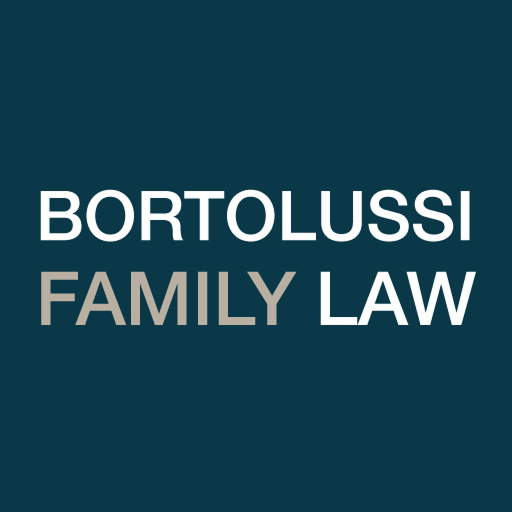Can the Court Order You to Attend Therapy?

Separation can be a highly emotional and conflictual journey and it is possible the court can order you to attend therapy. Differences in opinions or values that led to arguments during the marriage are often magnified during separation. Separating individuals often find themselves in struggles for power and, sadly, children are used as pawns in their effort to “win” in a game where there are only losers.
In extreme cases, parents use their significant influence on their child to alienate that child from the other parent. In cases of alienation, the child emotionally and/or physically withdraws from the alienated parent. The child expresses a desire not to see or have a relationship with that parent. In the worst cases of alienation, the child’s relationship with the alienated parent is irreparably broken and the estrangement lasts the parent’s lifetime.
Most psychology and legal experts agree that alienation is a form of child abuse. After all, is it not abusive to deprive your child of a meaningful relationship with their other parent?
The courts are often required to intervene in cases of alienation. The alienated parent, having minimal or no contact with their child due to the child’s expressed desire not to see him or her, usually finds no co-operation from the other parent. The other parent often uses the child’s expressed rejection of the alienated parent as justification to further limit the child’s time with the other parent. As such, assistance from the court is required to provide guidance in bridging the gap between the alienated parent and child.
An alienated parent in Ontario may request a court order compelling the parties and the children to participate in counselling or therapy, including reunification therapy, for the purpose of repairing the relationship between the alienated parent and the child. Historically, an alienated parent would receive one of two responses from the court: the court might decline to make an order requiring the child or the parties to attend counselling on the basis that it had no jurisdiction to do so; or the court might make such an order on the basis (expressed or assumed) that it did have jurisdiction to make a therapeutic order.
Enter Leelaratna v. Leelaratna 2018 ONSC 5983. In that case, Justice Julie Audet canvassed the conflicting case law in Ontario regarding the court’s jurisdiction to make a therapeutic order compelling parents and children to participate in counselling or therapy. After a thorough review of the case law, she concluded that the courts in Ontario indeed have jurisdiction to make therapeutic orders pursuant to s. 28(1)(b) and (c) the Children’s Law Reform Act and the s. 16(1)(6) of the Divorce Act.
After establishing that the court had the jurisdiction to make a therapeutic order, Justice Audet found that most therapeutic orders sought in the context of family law proceedings will seldom be considered “treatment” under the Health Care Consent Act (HCCA). As such, in most cases, a therapeutic order made within the family law context will not require the consent of the parents. With respect to children, Justice Audet recognized that the courts do not have the power to make orders compelling them to engage in therapy or counselling; however, she found that the courts can order parents, as custodians of their children, to ensure the children’s timely attendance in therapy.
In the end, even if the court has jurisdiction to make a therapeutic order, and even if the HCCA does not apply such that the parents’ consent to therapy is required, it remains within the court’s discretion to determine whether to make a therapeutic order or not. Justice Audet set out factors for the court to consider in exercising its discretion to make a therapeutic order, including whether the family dysfunction was clear based on expert or other evidence; whether there is compelling evidence that the counselling or therapy would be beneficial to the child; and whether it is likely that the parents and child would voluntarily and meaningfully engage in counselling or therapy.
Leelaratna has given the courts the tools it needs to assist families caught in post-separation dysfunction. In Justice Audet’s words, “Court orders in family law cases, particularly those involving children, often fall on deaf ears when the case involves highly conflictual parents who have failed to put their children’s well-being above their dysfunctional relationship with each other. The court has a duty to ensure that orders are promptly complied with and must be in a position to take swift actions if they are not, failing which children will undoubtedly suffer.”
While judges now have clearly defined discretion to assist alienated parents reunite with their children, the sad reality is that the effectiveness of therapy in such cases depends on the child’s willingness to participate in the process of therapy. In some cases, the relationship between parent and child is so fractured that a multitude of court orders are rendered useless to effect any change. Hopefully, judges will use their discretion more often and at an earlier stage in order to avoid such an unfortunate result.
Bortolussi Family Law is here to help you, please get in touch.
